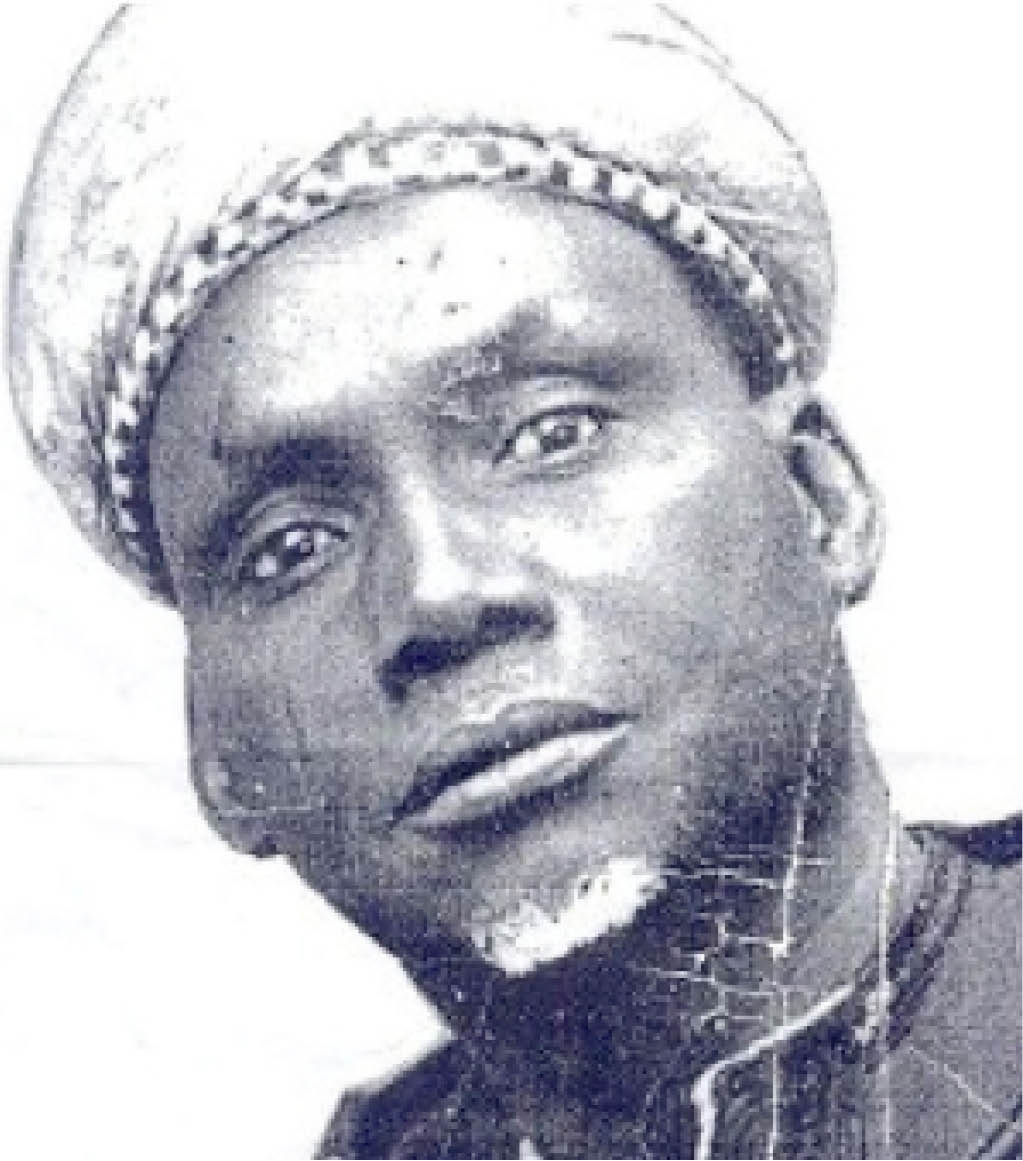In continuation of our Islamic Heritage series, an annual Ramadhan special that focuses on Muslim personalities and events that shaped our modern world, we feature today a true African and Islamic hero.
Shehu Usman Dan Fodio is a household name among the Muslims in West Africa. He led the Sokoto/Fulani jihad of 1804 and founded the biggest and most influential Caliphate in Africa. Still very little is known about him as an ordinary human being. The piece below sheds more light on the life of Muslim Africa’s greatest revolutionary.
Contributed by: Maria Quintana
Islamic preacher, reformer, scholar, and statesman, Usman dan Fodio was born on December 15, 1754 in the village of Maratta, in the Hausa city-state of Gobir, in what is today northern Nigeria. He was a descendant of the early Fulani settlers in Hausaland in the 15th century. He spent his youth in the devout pursuit of Islamic religious education, and his early adulthood in preaching, teaching, and writing.
Dan Fodio became an itinerant Muslim preacher in 1774, moving among rural communities. He was a leader in the expansion of Islam across the Hausa countryside, increasing the popular basis for religious teaching and bringing literacy to numerous small communities. He wrote poems and stories of mysticism that increased his popularity as a teacher and preacher.
Throughout his proselytizing dan Fodio told of being given the “Sword of Truth” to advance Islamic law and defeat the enemies of Allah. His “sword” was the written and oral word through prose and verse. Usman found, however, that Hausa rulers, following common Hausa practice, had mixed “pagan” practices with Islamic ones and did not adhere closely to Islam. He began to criticize these rulers.
In 1802 dan Fodio led hundreds of his followers from his home city of Gobir into exile in the countryside after the city’s rulers attempted to assassinate him. There he refined his reformist ideas and formed, directed, and educated a force to lead a jihad or holy war against the Hausa rulers. In 1804, Yunfa dan Nafata, the military commander of Gobir, sent his army to challenge Usman’s community which now included Fulani pastoralists who had their own grievances against Hausa rulers over a cattle tax.
Dan Fodio seized this incident to call for jihad against the rulers of Gobir. By 1808, he and his followers conquered Gobir, Kano, and other Hausa city-states. He retired from battle in 1811 and returned to teaching and writing but his armies continued their conquests until 1815. By that point when those armies ended their conquests, Usman dan Fodio’s religious empire included most of what is now northern Nigeria and northern Cameroon as well as parts of Niger. For the first time in history all of the Hausa city-states were now under one ruler. Dan Fodio established a new capital at Sokoto and soon this theocratic state was called the Sokoto Caliphate (Sokoto Empire).
Usman dan Fodio’s jihad inspired a series of holy wars throughout the Western Sudan and made Islam the dominant faith among the masses of people from Senegal to Chad. His movement also led to a poetic and literary explosion in Gobir, Kano, Katsina, and other Hausa city states. The surviving Arabic writings of the Sokoto Caliphate far outnumber the whole literary production of the central and western Sudan from 1000 AD, when Islam first appeared in West Africa, up to 1802. Arabic was now widely used for diplomacy and correspondence throughout the region.
Usman dan Fodio divided his conquests between his brother, Abdullahi, who ruled the western part of the kingdom, and his son, Muhammad Bello, who ruled the eastern part of the kingdom including the Hausa city-states. By the end of Bello’s rule in 1837, the Sokoto Caliphate, with an estimated 20 million people, had become the most populous empire in West Africa. Dan Fodio, who had begun his life as an idealistic scholar and theologian who at first rejected the sword, eventually became the forceful and commanding leader of a formidable military empire. He died on April 20, 1817 in Sokoto.

 Join Daily Trust WhatsApp Community For Quick Access To News and Happenings Around You.
Join Daily Trust WhatsApp Community For Quick Access To News and Happenings Around You.


